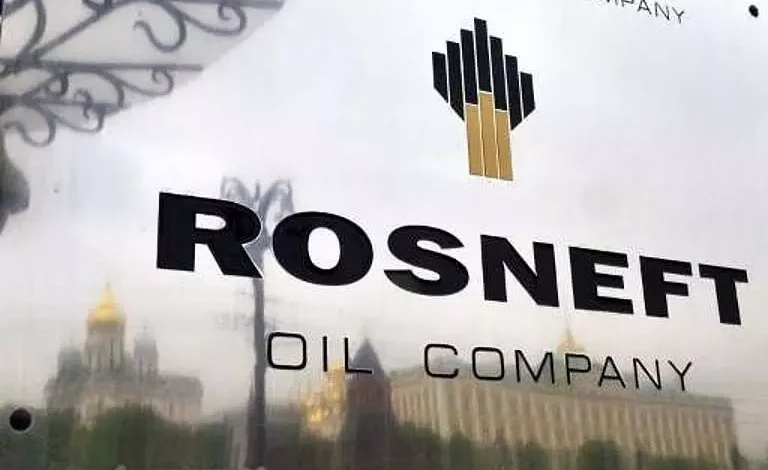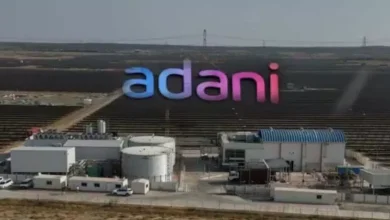Rosneft’s Naira stake sale may be hit by EU ban

CHENNAI Chennai: Russian oil company Rosneft’s proposed sale of its 49.13% stake in India-based Nayara Energy faces a major hurdle following the latest sanctions imposed on Russia’s oil sector by the European Union. These sanctions, announced on July 18, have a direct impact on Nayara’s operations and complicated Rosneft’s efforts to sell its stake in the company.
Rosneft has been exploring options to exit Nayara for some time, as existing sanctions make it difficult to recover dividends. Preliminary discussions have been held with several Indian groups, including Reliance Industries, Adani Group and JSW Group. However, Nayara Energy’s estimated valuation – which is over $20 billion – and geopolitical reasons had complicated the process even before the latest sanctions. Notably, several governments and international organisations, led by the United States and the European Union, had imposed sanctions on Russian individuals and entities in response to the Russian Federation’s annexation of Crimea and the invasion of Ukraine in 2022.
Three types of sanctions were imposed on Russia, including a ban on providing technology for oil and gas exploration, a ban on providing loans to Russian oil companies and state-owned banks, and a travel ban on influential Russian citizens close to President Putin and involved in the annexation of Crimea. Nayara’s Vadinar refinery in Gujarat has been restricted under the EU’s 18th round of sanctions, citing its ties with Rosneft and its role in refining Russian crude oil. The new measures include asset freezes, limits on financial and shipping services, and a ban on imports of refined petroleum products from Russian oil, even if they are processed in third countries such as India.
Also Read – Kashmiri artisans trained in market-driven packaging
These developments have significantly increased the risk for any potential buyer. The sanctions have begun to impact Nayara’s operations—notably, after the sanctions were announced, a tanker chartered by BP reportedly left the port without loading crude oil. Nayara has since adjusted its export payment terms, requiring upfront payments to deal with the stringent compliance environment.
Rosneft has strongly criticised the EU’s moves and called them unfair and a violation of Indian sovereignty. Nayara Energy has also issued a statement opposing the sanctions and is reportedly exploring legal options to challenge the ban. Both entities have argued that Nayara operates as an independent company and Rosneft does not control its operations. The latest sanctions have now cast serious doubts on Rosneft’s ability to pursue the stake sale. Indian companies that were previously approached may re-evaluate their interests due to legal and reputational risks. Unless the geopolitical environment improves or exemptions are obtained through diplomatic or legal means, the prospect of a deal is becoming increasingly uncertain.
Meanwhile, the Indian energy sector is facing wider implications, as Nayara will have to find alternative markets and ways to export refined products. Analysts suggest that Indian refineries may have to restructure supply chains and business strategies to cope with the changing sanctions landscape. The way forward is still unclear, but Rosneft’s attempt to exit its investment in Nayara Energy has now stalled due to growing international pressure. Sanctions have complicated its ownership, operations and dealings.





